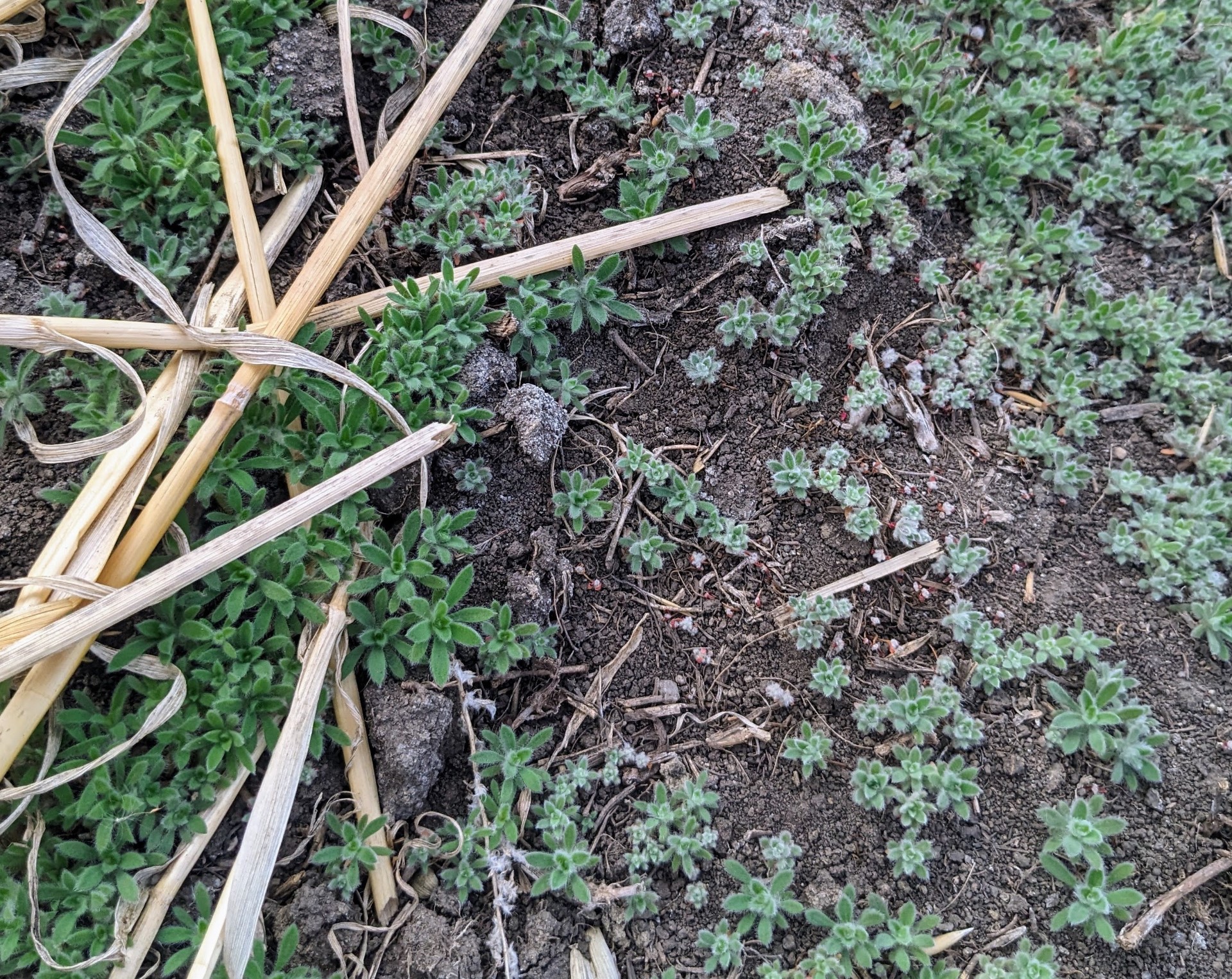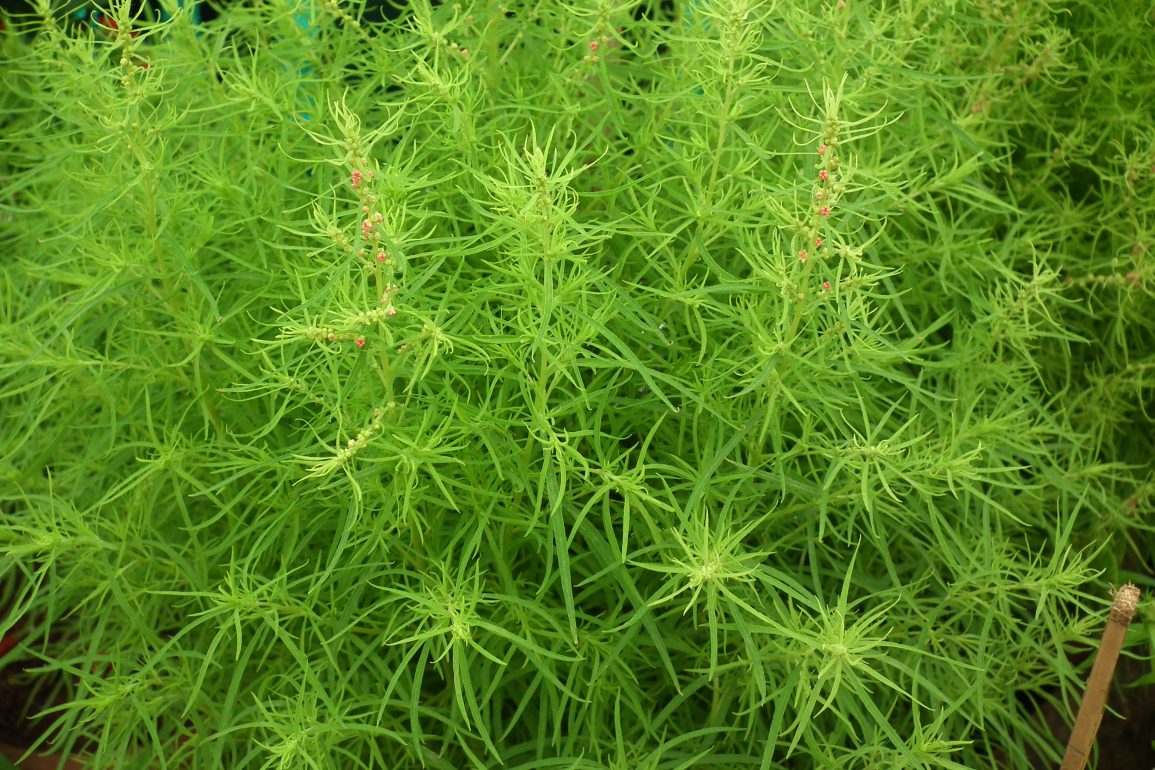Julia Leeson, a research scientist with Agriculture and Agri-Food Canada (AAFC), is actively surveying weeds in fields near Saskatoon. As part of her role, she monitors various types of weeds, particularly kochia, which has been increasingly appearing in northern regions due to climate change.
Kochia, a highly adaptable weed, can produce thousands of seeds and thrives even in drought conditions, making it a significant concern for farmers. Leeson aims to identify which weeds are surviving current management practices and may cause future problems.
Research indicates that kochia is expanding its range further north, previously isolated to southern Alberta and southwestern Saskatchewan. AAFC scientists like Charles Geddes have noted its emergence in new areas, including the Peace River region in Alberta, marking it as a novel challenge for local agriculture.
Predictive models suggest that the prevalence of kochia will increase significantly by 2070, exacerbating weed management issues across the Prairies.

The rising resistance of kochia and other weeds to common herbicides poses additional challenges for farmers. As herbicide effectiveness declines, researchers are exploring alternative methods to control weed populations. Some herbicides have been found to have detrimental environmental and health effects, prompting a shift towards more sustainable solutions.
Shaun Sharpe, another AAFC scientist, is experimenting with non-chemical methods for weed control, such as using wood vinegar to stimulate weed emergence before winter frost kills them off. Early greenhouse tests show promise, with increased weed emergence, although field trials are still needed.
Sharpe is also investigating crop competition as a strategy, planting two crops together to create a dense ground cover that can suppress kochia growth.
Farmers like Stuart Lawrence, who has faced ongoing challenges with kochia over his 35 years of farming, emphasize the economic impact of weed control. With rising herbicide costs and significant time lost due to weed management, there is hope that ongoing research will yield effective agronomic solutions.
Lawrence advocates for cultural controls and innovative strategies, suggesting that reliance solely on chemical herbicides is not sustainable for the future of farming.

